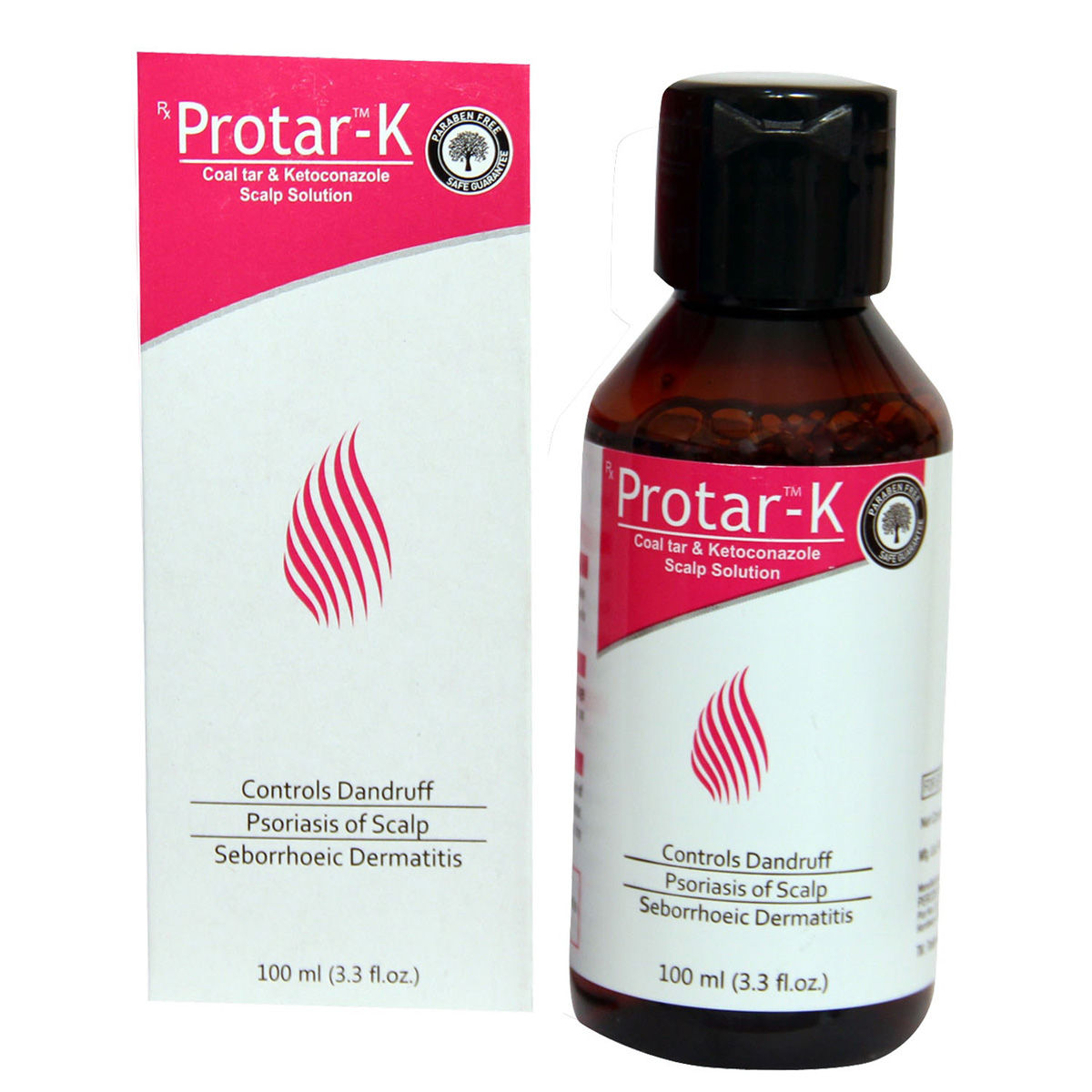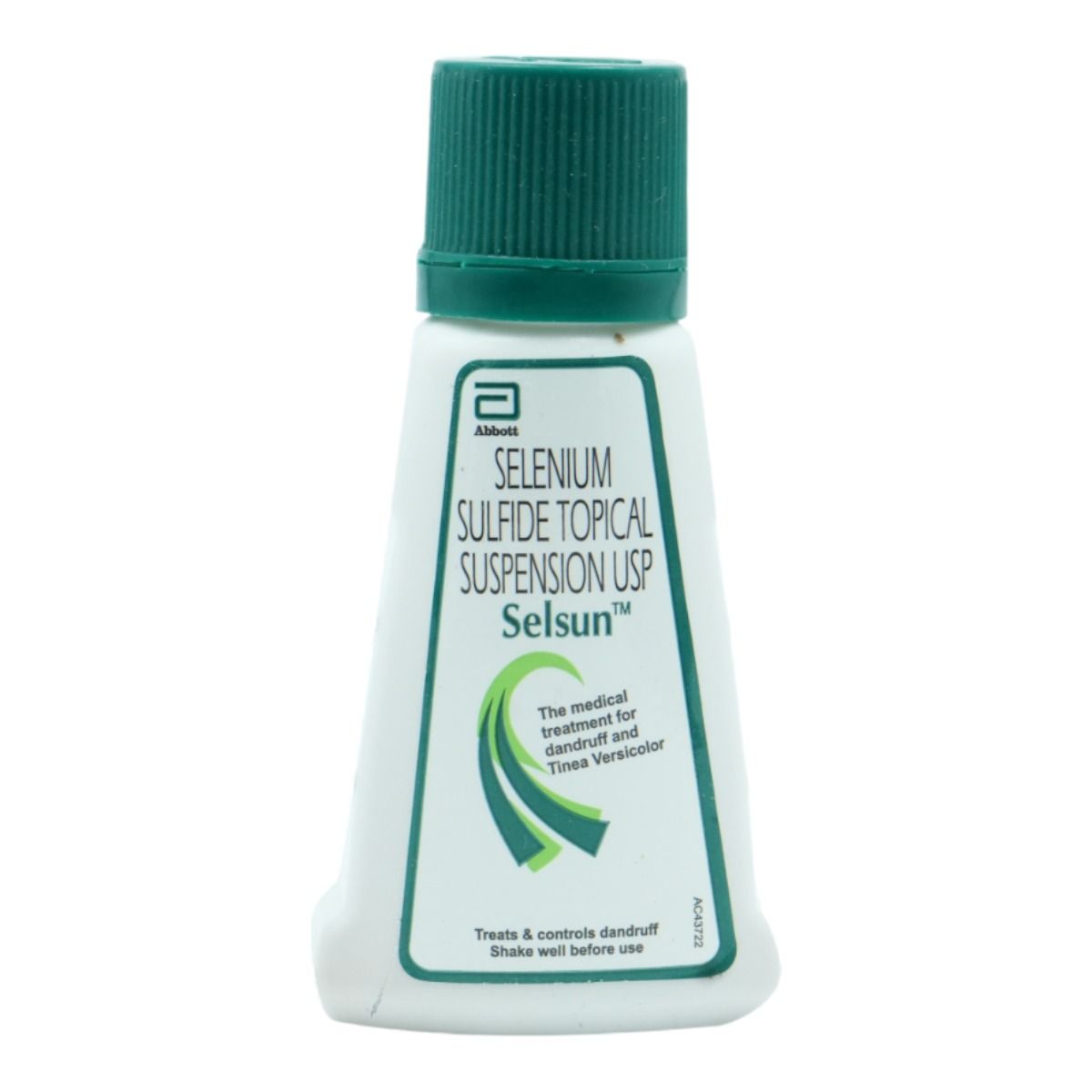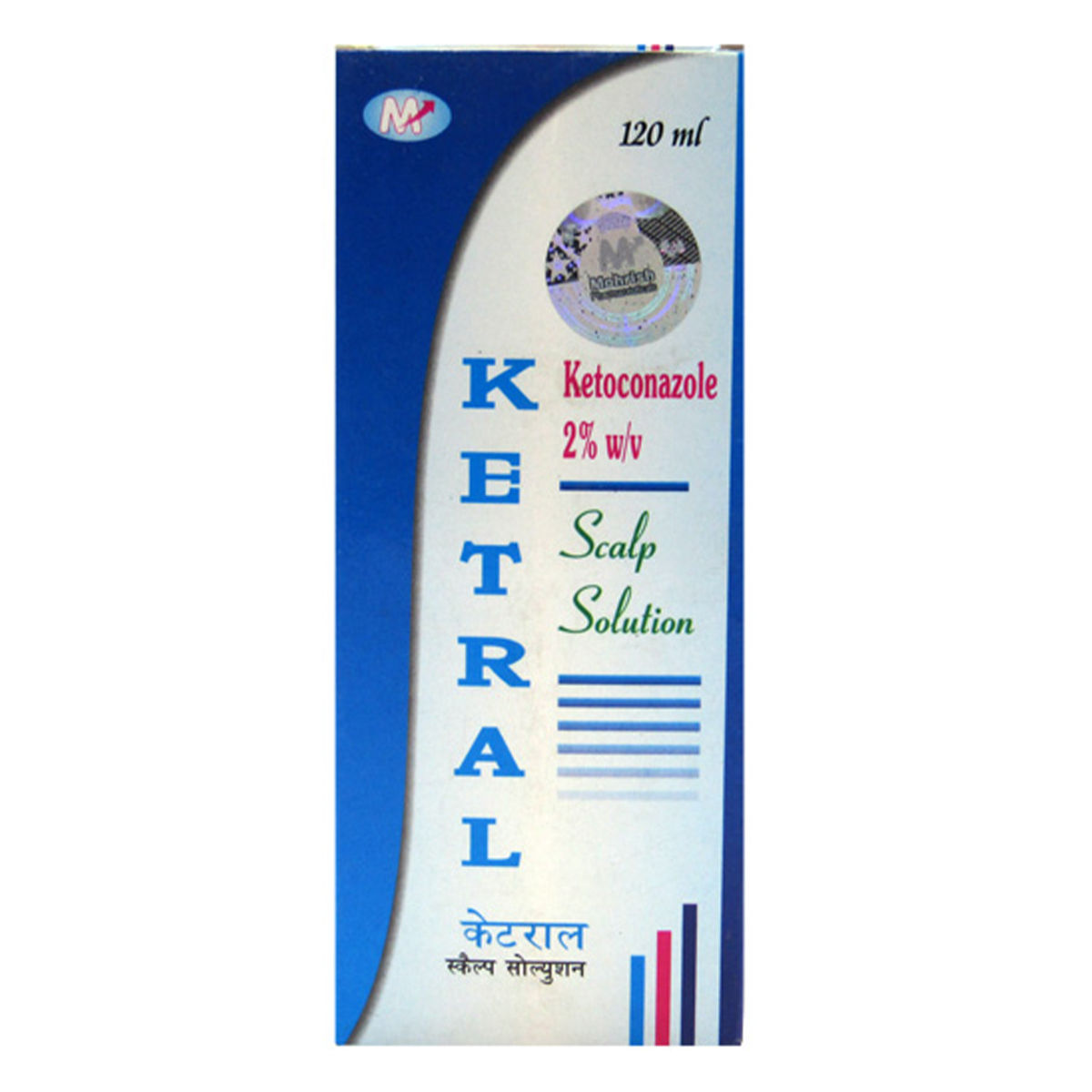- Home
- Health Condition
Medicine For Oral Thrush
Medicine For Oral Thrush
- Total Items (26)
 RX
RXProtar-K Solution 100 ml
₹472.50
MRP ₹525
10% off

Selenext Wash 120 ml
₹404.10
MRP ₹449
10% off
 RX
RXMycoclear Sb 130Mg Cap 10'S
₹247.50
MRP ₹275
10% off

K2 Zole Solution 100 ml
₹276.30
MRP ₹307
10% off
 RX
RXItaspor Oral Solution 100 ml
₹441
MRP ₹490
10% off

Selsun Topical Suspension 30 ml
₹89.10
MRP ₹99
10% off

Ketral Scalp Solution 120 ml
₹207.90
MRP ₹231
10% off
 RX
RXFungeeheal Sb65 Cap 10'S
₹138.60
MRP ₹154
10% off
 RX
RXMycoclear Sb 65Mg Cap 10'S
₹138.60
MRP ₹154
10% off
 RX
RXSubizap-Sb 130 Cap 10'S
₹194.40
MRP ₹216
10% off

Kenz Anti Lice Solution 30 ml
₹208.80
MRP ₹232
10% off
 RX
RXDuofaze Tab 6'S
₹169.20
MRP ₹188
10% off
 RX
RXAfderm Tablet 4's
₹82.22
MRP ₹91.36
10% off

Cloben Wash Liquid 50 ml
₹67.50
MRP ₹75
10% off
 RX
RXTICRAZOLE 200MG CAPSULE 6'S
₹172.80
MRP ₹192
10% off
 RX
RXTriorid-IT Tablet 10's
₹495
MRP ₹550
10% off
 RX
RXTerbol-IT Tablet 10's
₹301.50
MRP ₹335
10% off

Gentian Violet 15 ml
₹13.50
MRP ₹15
10% off
 RX
RXForcan Suspension 30 ml
₹85.50
MRP ₹95
10% off
 RX
RXFighton Tablet 10's
₹225
MRP ₹250
10% off
 RX
RXItazol 100Mg Tablet
₹402.19
MRP ₹446.88
10% off
 RX
RXItrapose Capsule
₹14.40
MRP ₹16
10% off
 RX
RXItragreat-400Mg Sr Tablet 4'S
₹216
MRP ₹240
10% off

Lycomoon Soft Gel Capsule 10's
₹130.50
MRP ₹145
10% off
Medicines For Oral Thrush
Oral thrush is also known as oropharyngeal candidiasis. It is a common fungal infection caused by an overgrowth of the Candida fungus in the mouth. This condition typically presents as white or creamy lesions on the tongue, the inner cheeks, gums, tonsils, or the roof of the mouth. Oral thrush can cause discomfort, including soreness and difficulty swallowing, and in severe cases, it can lead to other complications.
While oral thrush is generally treatable, it is crucial to understand the medicines available to manage this condition.
Types of Medicines Used for Oral Thrush
Several types of medicines can be used to treat oral thrush, depending on the severity of the condition and whether the patient has any underlying health issues, such as a weakened immune system. Below are the main categories of medicines commonly used for treating oral thrush:
Antifungal Medications The most common and effective treatment for oral thrush is antifungal medication. These drugs specifically target the Candida fungus, helping to reduce the infection and restore the balance of microorganisms in the mouth. They are available in different forms, including oral tablets, lozenges, and liquids.
Topical Antifungal Treatments In some cases, topical antifungal treatments are used for localized infections. These include medicated mouthwashes or gels that can be directly applied to the affected areas inside the mouth. Topical treatments are often prescribed for mild to moderate cases of oral thrush.
Systemic Antifungal Treatments For more severe or recurrent cases of oral thrush, oral antifungal tablets or liquids are prescribed. These systemic treatments work by circulating through the bloodstream, allowing the medication to reach and target fungal growth throughout the body, including the mouth.
Probiotic Supplements Although not a primary treatment, probiotics are sometimes recommended to help restore the natural balance of bacteria in the body after antifungal treatment. By encouraging the growth of beneficial bacteria, probiotics may help prevent the recurrence of oral thrush.
Antiseptic Mouth Rinses In some cases, antiseptic mouthwashes are used alongside antifungal treatments to help cleanse the mouth and reduce the bacterial load. These mouthwashes may provide symptomatic relief from the discomfort caused by oral thrush.
Benefits of Using Medicines for Oral Thrush
Using medicine to treat oral thrush has more benefits than just getting rid of the infection. Here are some key reasons why it's helpful:
- Effective at Killing the Fungus: Medicines designed for oral thrush directly target and kill the Candida fungus causing the infection, helping to reduce its severity and how long it lasts.
- Prevents Worse Problems: If left untreated, oral thrush can get worse and spread, leading to more serious infections. Medicines help stop this, especially in people with weak immune systems.
- Relieves Symptoms: Medicines can ease the pain and discomfort caused by oral thrush, like soreness and trouble swallowing, making it easier to feel better and heal faster.
- Stops It from Coming Back: Following the treatment plan can help prevent oral thrush from coming back. For people who get it often, antifungal medicine can help manage the condition.
- Easy to Use: Many oral thrush medicines, like topical creams and antifungal tablets, are simple to use and work quickly, so people can feel better soon after starting treatment.
Dosage & Usage Instructions of Medicines for Oral Thrush
When using medicines for oral thrush, it’s important to follow the instructions provided by a healthcare provider or pharmacist. This will ensure that the treatment is effective and that the infection is cleared properly. Below are general guidelines for using oral thrush medications:
- Oral Antifungal Medications: These are often taken as a tablet or liquid form. While the specific dosage can vary based on the medication and severity of the infection, it is essential to take the medicine as prescribed. Typically, the medication must be taken for a specified duration, even if symptoms improve, to ensure complete eradication of the fungus.
- Topical Antifungal Treatments: These are applied directly to the affected areas inside the mouth, usually multiple times a day. It is essential to follow the prescribed frequency and ensure the medication comes into contact with all affected areas.
- Probiotics: If prescribed, probiotics should be taken alongside antifungal treatment to help restore the natural bacterial balance in the mouth and digestive system. Probiotics may come in the form of tablets, capsules, or powders.
- Antiseptic Mouth Rinses: If an antiseptic mouth rinse is part of the treatment plan, it should be used as directed, often after meals and before bedtime. It’s important not to swallow the mouth rinse and to follow up with any other antifungal treatments as prescribed.
Buy Medicines for Oral Thrush Online at Apollo 24|7
If you're looking to purchase medicines for oral thrush, you can conveniently buy them online from Apollo 24|7. The platform offers a range of antifungal treatments, including oral medications, topical solutions, and mouthwashes, with the convenience of doorstep delivery. Apollo 24|7 ensures that you receive high-quality medications from trusted sources, allowing you to begin your treatment promptly and safely.
Frequently asked questions
Oral thrush is primarily caused by an overgrowth of the Candida fungus, which is naturally present in the mouth. Factors like a weakened immune system, use of antibiotics, or poor oral hygiene can contribute to the development of oral thrush.
Yes, if left untreated, oral thrush can spread to other parts of the body, including the esophagus and bloodstream, particularly in individuals with weakened immune systems.
Symptoms of oral thrush include white, creamy lesions on the tongue, inner cheeks, and gums, as well as soreness, difficulty swallowing, or a cotton-like feeling in the mouth. If you suspect you have oral thrush, it’s important to consult a healthcare professional for a proper diagnosis.
Oral thrush is not typically contagious, though it can be transmitted in some situations, particularly in individuals with weakened immune systems. Practising good hygiene can help reduce the risk of spreading the infection.
While over-the-counter antifungal treatments and good oral hygiene practices can help manage mild cases of oral thrush, it’s always best to consult with a healthcare professional for proper diagnosis and treatment, especially if symptoms persist or worsen.
